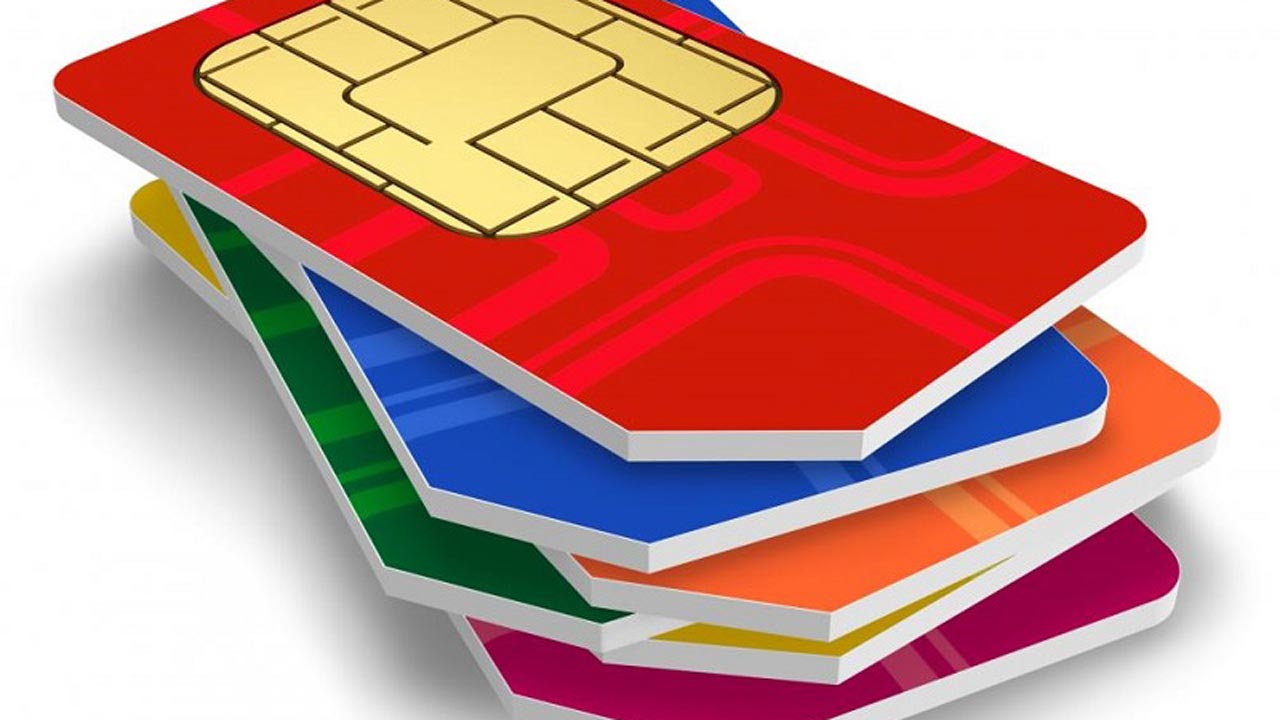Tackling sale, use of pre-registered SIM cards
The recent report of Nigerian streets and markets flooding with improperly registered Subscriber Identification Module (SIM) cards at a time of heightened security challenges in the country was awfully shocking to citizens. The report said SIM cards were freely sold to willing buyers, and with just N200 or less, customers including those with criminal intent […]

The recent report of Nigerian streets and markets flooding with improperly registered Subscriber Identification Module (SIM) cards at a time of heightened security challenges in the country was awfully shocking to citizens. The report said SIM cards were freely sold to willing buyers, and with just N200 or less, customers including those with criminal intent got them easily from roadside vendors selling in vans or wheel borrows.
The detailed report published by this newspaper showed that many unsuspecting customers bought lines from roadside vendors only to discover later that the lines were either not well registered or belonged to someone else. Such subscribers kept receiving calls from strange people who claimed the lines belonged to people they knew. Even people without personal identification cards (such as voter’s card, NIN or driver’s licence) were registered by this group of illegal vendors.
Such SIM cards, described by customers who bought them as ‘recycled’ lines have led to instances of one SIM card with two different registration names. This and other infractions are perpetrated by roadside vendors who kept discouraging subscribers from going to main telecoms offices to obtain lines.
Reacting to the report on the proliferation of improperly registered SIM cards, the Director of Public Affairs at the Nigerian Communications Commission (NCC), Dr Ikechukwu Adinde, said a line that is dormant for up to a year could be reassigned and sold to a new user though in accordance with regulatory provisions guiding the full deactivation and recovery of a dormant phone line. “We have been monitoring compliance with the above regulations and to our knowledge, we don’t have any report of material non-compliance. However, we greatly appreciate any evidential information that could act as a veritable lead to track the occurrences,” Adinde said. Nearly all the mobile network operators affirmed zero tolerance for non-compliance, adding that they continually conduct checks across their operations to enforce compliance with regulatory prescriptions.
It would be recalled that on September 12, 2019, the Minister of Communications and Digital Economy, Isa Ali Ibrahim Pantami, directed that all SIM cards not properly registered be blocked until they are fully registered. The purpose, according to officials, was to ensure that the over 184 million registered SIM cards/mobile lines across existing networks had valid data that were traceable and not anonymous. Data from the NCC as of March 2020 showed that the number of improperly-registered SIM cards had dropped from 9.2m to 2.2m.
With the recent report, however, the problem of pre-registered SIM cards is yet to be over. Meanwhile, NCC has suspended the sale and activation of new SIM cards by telecom operators in order to allow for an audit of the Subscriber Registration Database. The suspension, which was ordered by the Minister of Communications and Digital Economy, Isa Pantami, aims at fishing out improper registrations.
While Nigerians need to be educated on the implications of buying and using improperly registered SIM cards to avoid being linked to crimes they did not commit, they are also encouraged to report the loss of a mobile line to their network operators so that the line would be promptly blocked; preventing others from using it.
Any crime committed by illegal users of the line will always be traced to the original subscriber.
NCC is advised to introduce a mechanism for blocking vendors from pre-registering the bulk of the SIM cards they purchased before retailing them. The system that allows this is dangerous to the country’s security. Pre-registered SIM cards are purposely purchased by criminal elements to commit crimes. Kidnappers use mobile phones to conclude their deals.
It would be difficult for security operatives to contain acts of terrorism, kidnapping, and banditry when those perpetrating them have unlimited access to pre-registered SIM cards. While we call on NCC to ensure that the ongoing Subscriber Registration Database audit is thoroughly carried out, the agency should speedily complete harmonisation of data on the national ID card with SIM card details and the international passport. This harmonisation, which seeks to ensure a seamless identification of SIM card owners, has taken NCC too long.
